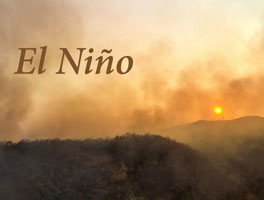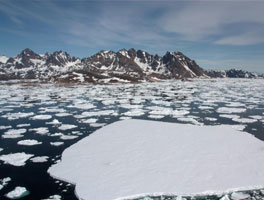 |
Dear readers,
Welcome to the Climate Weekly newsletter by the Centre for Science and Environment’s Climate Change programme and Down to Earth (DTE).
As the anticipation of summer looms ahead, we increasingly find ourselves thrust into a new reality: the world is heating up, and the dire consequences are becoming increasingly evident.
DTE's Akshit Sangomla discusses a new study that warns that under a 2-degree Celsius increase in global temperatures, over 800 million people may find themselves struggling to withstand heavy workloads, halving their daily endurance.
Elsewhere, research conducted by the Food and Agriculture Organization illustrates the detrimental effects of extreme heat on poor rural households in India. With each day of scorching temperatures, these households experience a 2.4% reduction in on-farm incomes, a 1.1% decrease in crop value, and a 1.5% decline in off-farm earnings compared to non-poor households, reports DTE’s Shagun Kapil.
These findings are increasingly being reported against a backdrop of escalating temperatures and untimely heatwaves across various regions worldwide. The combination of general warming trends and an ongoing El Niño phenomenon in the equatorial Pacific Ocean exacerbates the situation.
CSE concluded our annual flagship conclave, the Anil Agarwal Dialogue this month. Former Director-General of the India Meteorological Department, K J Ramesh, lends his expertise on the science and impacts of El Niño, sharing his insights. And you can watch the economist Nitin Desai in conversation with DTE’s Rajit Sengupta, discussing the state of climate diplomacy.
|
|
 |
| |
 |
|
| |
 |
 |
| |
By - Trishant Dev
Climate Change, CSE
|
| |
|
 |
|
|
| |
 |
|
| |
| EXTREME WEATHER TRACKER |
| |
At peak value of 2°C above average sea surface temperature, 2023-24 El Nino among strongest on record, 05 March 2024
|
 |
 |
|
|
| |
 |
|
| |
 |
 |
Arctic could go without ice for first time by 2030 under all emission scenarios: Study, 05 March 2024
|
|
|
| |
 |
|
| |
|
|
| |
|
|
| |
|
|
| |
 |
|
| |
CLIMATE NEWS | SCIENCE| IMPACTS| POLITICS |
|
| |
 |
|
| |
|
|
| |
 |
|
| |
|
|
| |
 |
|
| |
|
|
| |
 |
|
| |
|
|
| |
 |
|
| |
|
|
| |
 |
|
| |
|
|
| |
 |
|
| |
|
|
| |
 |
|
| |
|
|
| |
 |
|
| |
|
|
| |
 |
|
| |
|
|
| |
 |
|
| |
|
|
| |
 |
|
| |
|
|
| |
 |
|
| |
|
|
| |
 |
|
| |
|
|
| |
 |
|
| |
|
|
| |
|
|
| |
|
|
| |
|
|